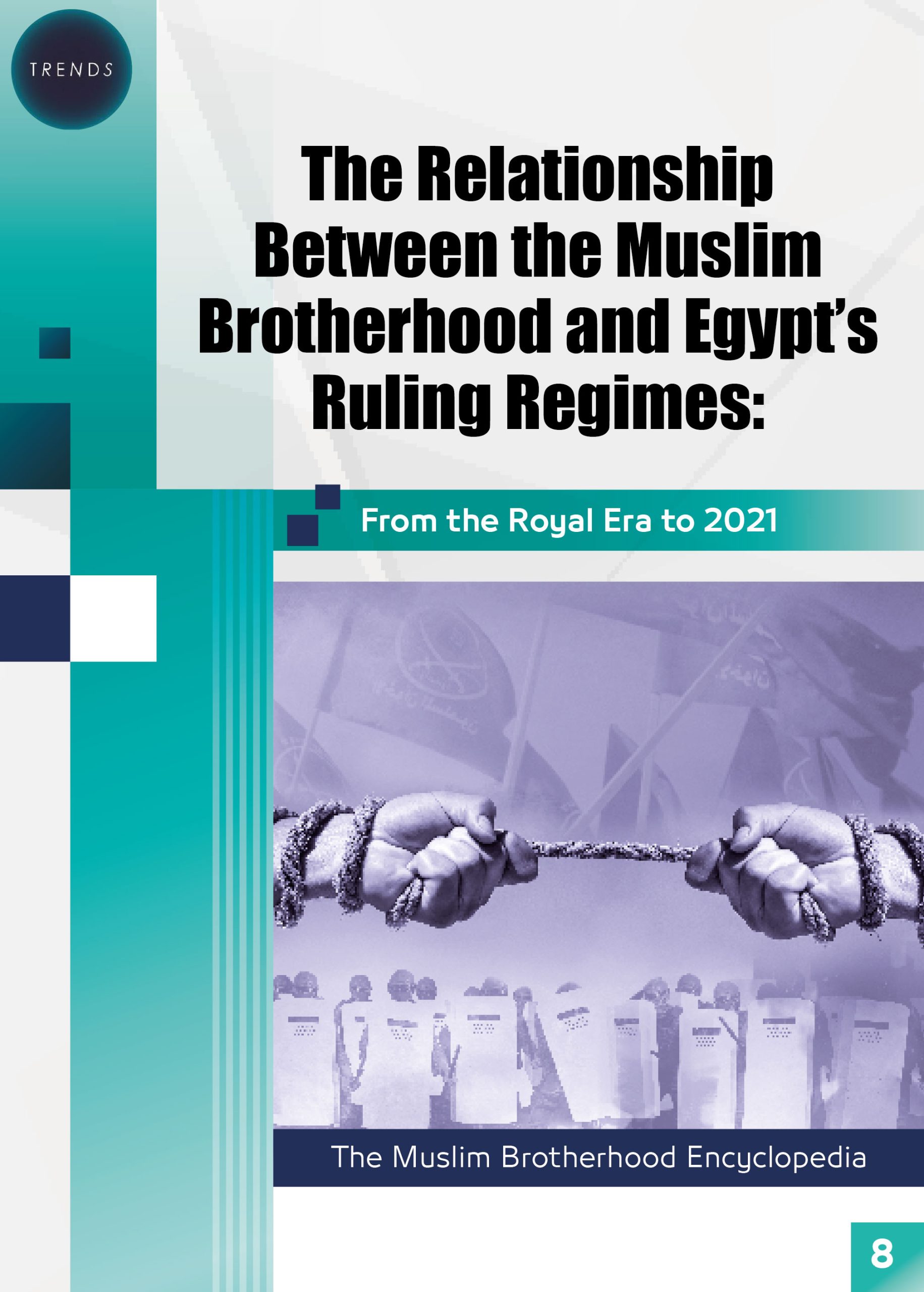The primary aim of this study is to delve into the intricate dynamics characterizing the relationship between the Muslim Brotherhood and the successive regimes governing the Egyptian state. It seeks to unravel the nuances of this relationship since the establishment of the MB to the present day. Furthermore, the study endeavors to elucidate the overarching features and methodologies employed by the MB in navigating this fluctuating relationship. Central to this exploration is an analysis of the MB’s behavior and pragmatic application of religion to advance its transnational political agenda.
The study initiates an inquiry by positing a series of questions and research hypotheses aimed at unraveling the foundational principles and strategies employed by MB in navigating governance systems. Additionally, it endeavors to discern the pivotal historical junctures characterized by cooperation, coexistence, and conflict between MB and these systems. Central to this inquiry is the exploration of MB’s underlying motives and objectives in their pursuit of power, capitalizing on opportunities within the communal and political milieu to expand their influence and permeate through various strata of the Egyptian society.
The study also presents a series of inquiries regarding the extent to which MB’s political professionalism affects their organizational structure, the challenges they encounter, and their approaches for addressing such difficulties. It also examines how MB utilized the Arab Spring to achieve their ultimate goal of empowerment and control over state institutions and capabilities.
In addressing these hypotheses and inquiries, the study employs a variety of methodologies and approaches. These included both the historical approach and the analytical approach, which were utilized to uncover the underlying motives driving MB’s persistent pursuit of political influence. This involved delving into instances of both collaboration and confrontation with existing power structures.




